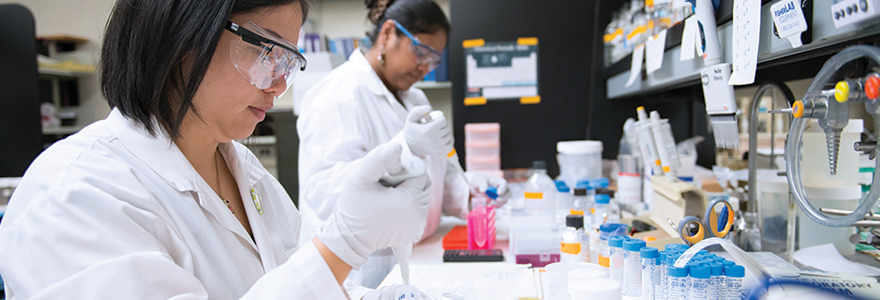Research
Recent Publications
Detective quantum efficiency of photon-counting x-ray detectors
Unified voxel- and tensor-based morphometry (UVTBM) using registration confidence
Microcirculation & Cellular Biophysics

The Microcirculation & Cellular Biophysics Research Group is dedicated to studying the microvasculature; the network of the smallest vessels in the circulatory system that are responsible for maintaining the health and function of every organ of the body. Our department has a rich history in microvascular research. Dr. Alan C. Burton, who founded the department, is regarded as a “pioneer” in this area of research, an accolade that we are proud to uphold in our Microcirculation Research Group.
The Microcirculation & Cellular Biophysics Research Group consists of a multidisciplinary team of systems biologists, applied mathematicians, cellular biologists, and molecular imagers who strive to understand the many roles and interactions of the microcirculation in healthy and disease states. As such, microvascular research in our department has a diverse scope ranging from understanding basic cellular mechanisms governing microvascular blood flow and oxygen delivery under normal healthy conditions, in septic (inflammatory) conditions, and in diseases like type 2 diabetes. Beyond microvascular control, we have scientists investigating how tumour cells use the microcirculation as a means to spread throughout the body while others investigate how one can stimulate the growth of new functional microvascular beds to reverse the effects of a heart attack or stroke.
Members of the Microcirculation & Cellular Biophysics Research Group have an established record of developing new technologies for studying the microcirculation in vivo and in vitro. Individual members are funded by the Canadian Institutes for Health Research, Natural Sciences and Engineering Research Council, The Heart and Stroke Foundation of Ontario, The United States Army Department of Defense Breast Cancer Research Program, The Canadian Breast Cancer Foundation, The Canadian Cancer Society, and other national and provincial funding agencies.
Successful graduate applicants who choose Microcirculation and Cellular Biophysics as their area of graduate study are eligible to apply for traineeships in the CIHR Strategic Training Program in Cancer Research and Technology Transfer (CIHR-STP) and the Translational Breast Cancer Research Studentships and Fellowships.
Graduate Supervisors in the area of Microcirculation:
Dr. Ann Chambers (Cellular Biophysics) Retired
Dr. Gediminas Cepinskas (Microcirculation)
Dr. Maria Drangova (Hemodynamics, Cardiovascular Biomechanics)
Dr. Christopher Ellis (Microcirculation, Hemodynamics) Retired
Dr. Paula Foster (Cellular Biophysics)
Dr. Jeff Frisbee (Cardivascular disease risk, microvascular network function, complexity and microvascular control)
Dr. Dan Goldman (Microcirculation, Hemodynamics)
Dr. John McGuire (Cellular biophysics; Microcirculation; Hemodynamics; Cell imaging; vascular function in health and disease; diabetes, metabolic syndrome, stroke; drug discovery)
Dr. J. Geoffrey Pickering (Cellular Biophysics, Hemodynamics)
Dr. Tamie Poepping (Hemodynamics, Cardiovascular Biomechanics)
Dr. Krishna Singh (Cardiovascular Genetics, Translational Research)
Our faculty and their graduate students conduct research in partnership with globally recognized faculty supervisors and clinicians at state-of-the-art facilities located at Western University, London Regional Cancer Program, Lawson Health Research Institute, Robarts Research Institute, and the London Health Sciences Centre. After graduation, students find rewarding careers in the healthcare sector, biomedical industry, and academia; others pursue further training in professional schools such as medicine, dentistry, or business.
If you have a 4 year Honours Degree (or M.Sc.) in Physics, Chemistry, Engineering, Computer Science, Mathematics, Biology, Medical Sciences or a related field, and are interested in biomedical research, you are invited to apply to our graduate program.








